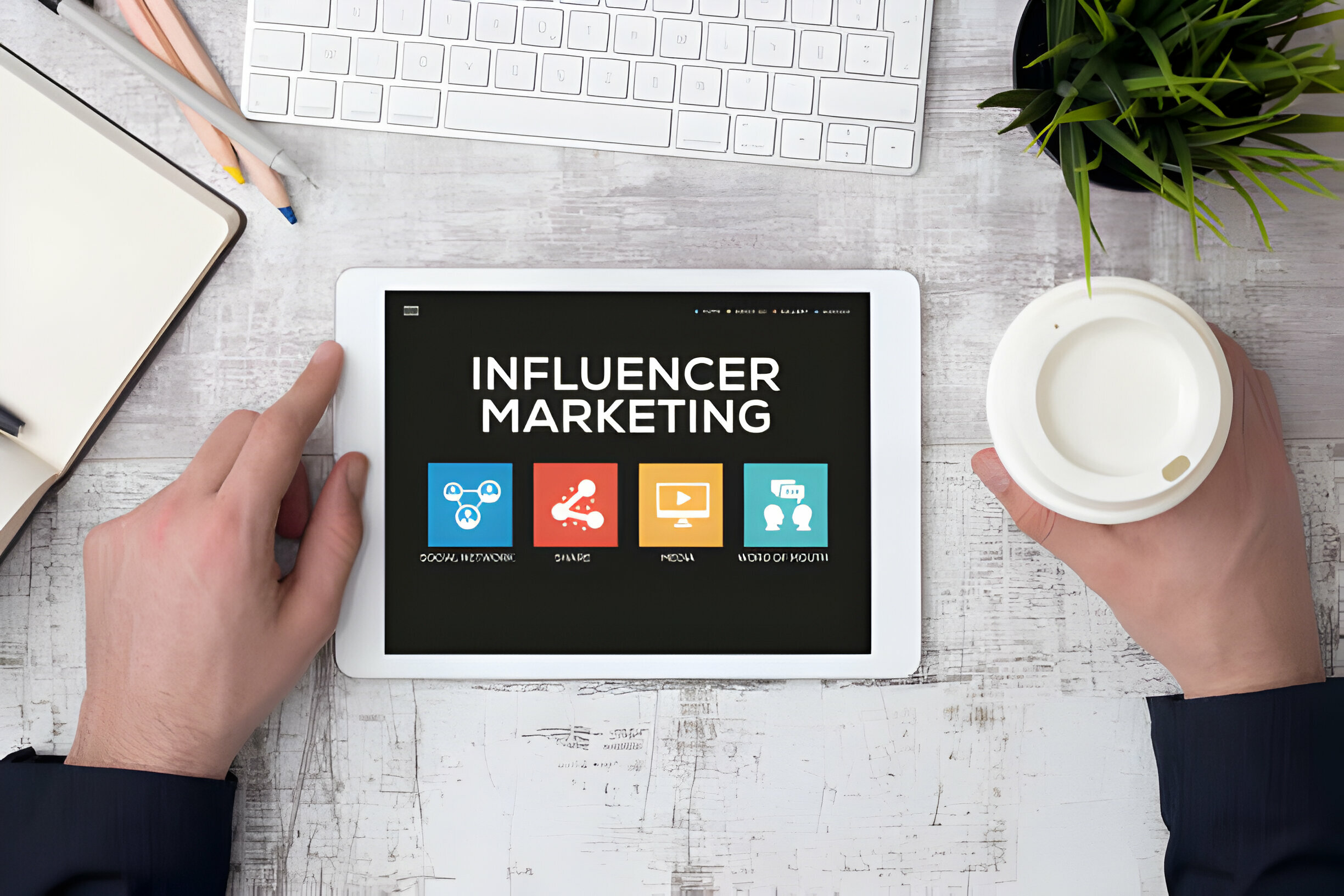In today’s digital age, the concept of influence has evolved beyond traditional advertising methods. With the rise of social media platforms like Instagram, TikTok, and YouTube, individuals with significant online followings have become powerful agents of marketing—popularly known as influencers. But what exactly is influencer marketing, and how does it impact brands, consumers, and the influencers themselves?
At Heyday Marketing, we delve deep into the realm of influencer marketing, exploring its definition, strategies, impact, and future trends. Join us as we uncover the dynamics of this burgeoning marketing phenomenon.
Defining Influencer Marketing
Influencer marketing can be defined as a collaborative effort between brands and social media influencers to promote products or services. This form of marketing leverages the credibility, authority, and reach of influencers within their respective niches to engage with target audiences authentically.
Unlike traditional celebrity endorsements, influencer marketing thrives on the authentic and relatable nature of influencers. These individuals, ranging from nano to mega influencers based on their follower count, connect with their audience on a personal level, fostering trust and loyalty.
Strategies and Models of Influencer Marketing
Influencer marketing campaigns typically adopt two primary models:
Brand Deals: In this model, influencers are compensated with a flat rate per post to feature a brand’s product or service. The payment can range from three to six figures, depending on the influencer’s reach and engagement.
Affiliate Marketing: Influencers earn commissions for driving sales through unique links or promo codes provided by brands. This model incentivizes influencers to generate conversions and offers a performance-based approach to compensation.
Moreover, influencer marketing encompasses various strategies tailored to different platforms and audience demographics. From Instagram and TikTok to YouTube and beyond, brands collaborate with influencers to create authentic content that resonates with their target market.
Impact and Benefits of Influencer Marketing
The exponential growth of influencer marketing in recent years underscores its effectiveness for brands, consumers, and influencers alike. Studies have shown that influencer marketing yields a positive return on investment (ROI) for brands, driving both brand awareness and sales.
For consumers, influencer marketing provides valuable product recommendations from trusted sources, facilitating informed purchase decisions. Additionally, influencers benefit from monetizing their online presence and engaging with brands aligned with their personal brand and values.

Future Trends and Opportunities in Influencer Marketing
As the digital landscape continues to evolve, influencer marketing is poised to adapt and innovate alongside emerging technologies and consumer behaviors. The ongoing shift towards e-commerce and digital consumption, accelerated by the COVID-19 pandemic, reinforces the significance of influencer marketing in reaching and engaging with audiences.
Furthermore, the rise of the metaverse presents new opportunities for brand-influencer collaboration, offering immersive experiences and virtual interactions for consumers. From virtual product launches to interactive brand activations, the metaverse opens avenues for creative and experiential influencer marketing campaigns.
Influencer marketing represents a dynamic and evolving strategy for brands to connect with consumers in the digital age. At Heyday Marketing, we recognize the power of influencers in shaping consumer behavior and driving brand engagement. By leveraging influencer partnerships and authentic storytelling, brands can effectively navigate the ever-changing landscape of digital marketing.
Join us on this journey as we explore the limitless possibilities of influencer marketing and its transformative impact on the marketing landscape.
Frequently Asked Questions (FAQs) About Influencer Marketing
What is influencer marketing?
Influencer marketing is a collaborative strategy between brands and social media influencers to promote products or services to their followers. It involves leveraging the credibility and reach of influencers within specific niches to authentically engage with target audiences.
How does influencer marketing work?
Influencer marketing typically involves influencers creating content that features or mentions a brand’s product or service. Brands compensate influencers either with a flat rate per post or through affiliate commissions based on generated sales. The goal is to leverage the influencer’s influence to drive brand awareness, engagement, and conversions.
Who are influencers?
Influencers are individuals with significant social media followings who have the ability to influence the purchasing decisions of their audience. They can range from nano influencers with a few thousand followers to mega influencers with millions of followers, depending on their reach and engagement.
What platforms are popular for influencer marketing?
Instagram, TikTok, and YouTube are among the most popular platforms for influencer marketing campaigns. However, the choice of platform depends on the brand’s target audience and the type of content that resonates with them.
What is the difference between influencer marketing and celebrity endorsements?
While both influencer marketing and celebrity endorsements involve leveraging public figures to promote products or services, there are key differences. Influencer marketing focuses on collaborating with individuals who have built credibility and trust within specific niches, whereas celebrity endorsements often target a broader audience and may lack the authenticity of influencer partnerships.
What are the benefits of influencer marketing for brands?
Influencer marketing offers several benefits for brands, including increased brand awareness, improved brand perception, enhanced engagement with target audiences, and the ability to reach niche markets effectively. Additionally, influencer partnerships can drive sales and conversions, ultimately delivering a positive return on investment (ROI) for brands.
How can brands measure the success of influencer marketing campaigns?
Brands can measure the success of influencer marketing campaigns through various metrics, including reach, engagement, website traffic, and conversion rates.
Additionally, tracking key performance indicators (KPIs) such as return on ad spend (ROAS) and customer acquisition cost (CAC) can provide insights into the campaign’s effectiveness.
What are some emerging trends in influencer marketing?
Emerging trends in influencer marketing include the rise of micro and nano influencers, the integration of influencer marketing into e-commerce strategies, the utilization of user-generated content (UGC), and the exploration of virtual experiences within the metaverse. These trends reflect the evolving nature of influencer marketing and its adaptability to changing consumer behaviors and technological advancements.




